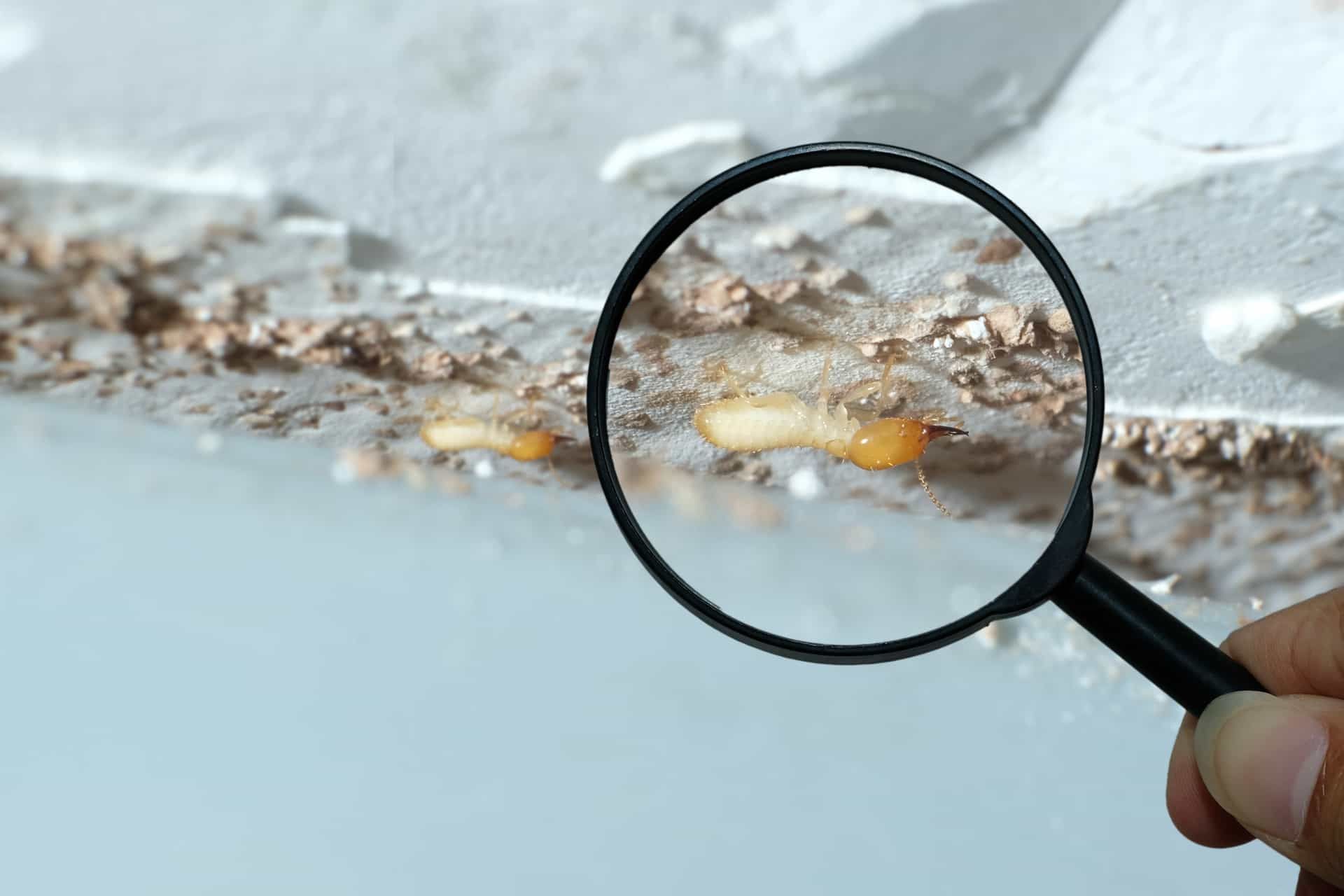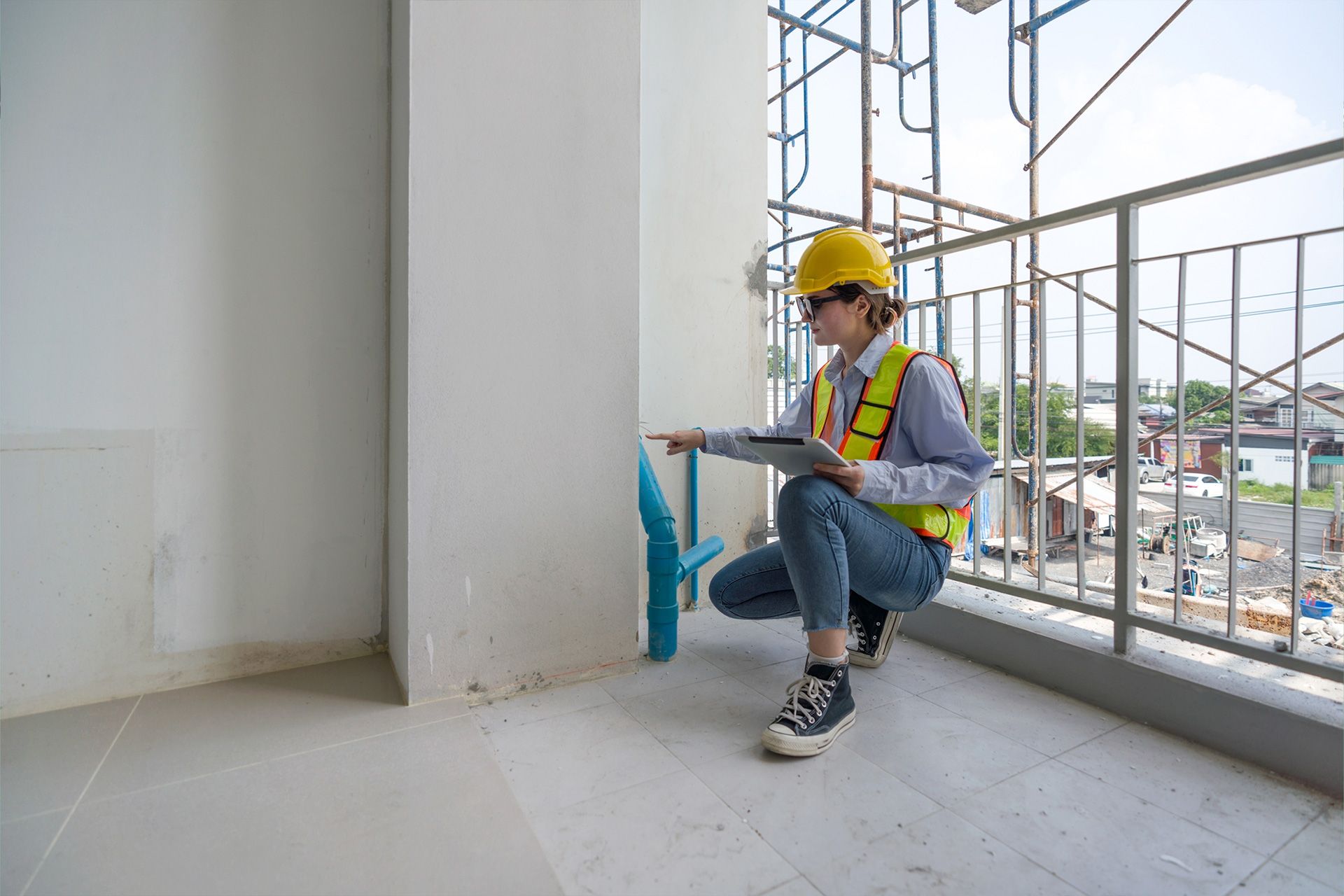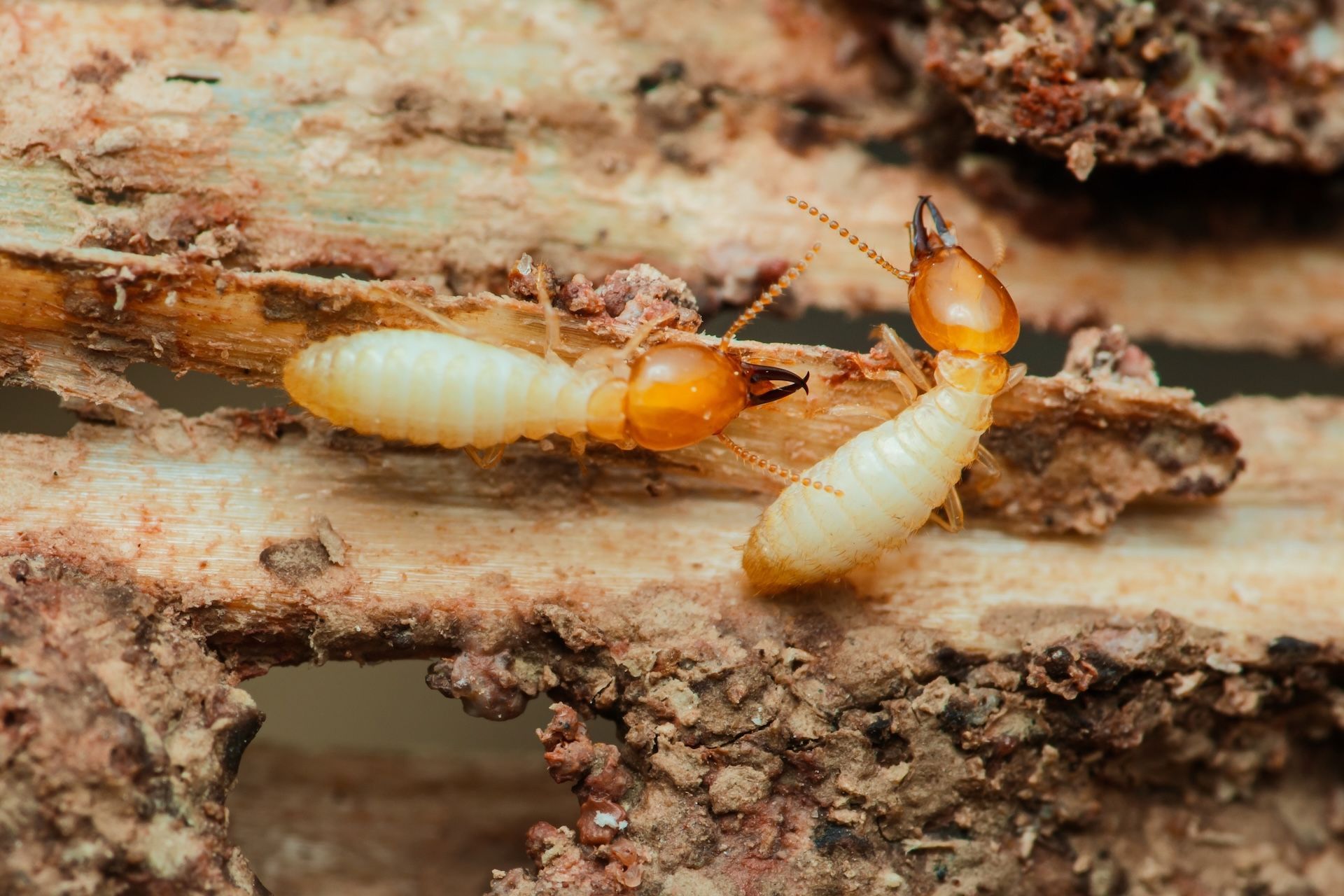How A Septic Inspection May Save You From Replacing Septic Tank
In some rural areas across Florida, homeowners rely on septic systems for their sewage needs. There’s nothing wrong with this. Septic systems are an efficient and safe method of managing all the wastewater in the household.
The only problem is they’re your full responsibility.
To ensure proper functioning and avoid replacing septic tank prematurely (something that will cost you thousands of dollars), you’ll need to have the system professionally inspected.
With that said, let’s go over septic inspections, what they cover, and how they can keep your septic system safe.
What does a septic inspection look like?
A septic inspection is a comprehensive evaluation of the septic system’s condition performed by a qualified professional. Its purpose is to make certain that all the aspects of the system are functioning correctly.
This is a vital service, as a properly functioning system is essential for maintaining a safe environment for your property and surrounding community. replacing septic tank is expensive, and even worse, any leaks could contaminate the groundwater and put your family and everyone in the immediate surroundings at risk.
Inspectors generally check the main components of the system and assess the shape they’re in. Here is what an average septic inspection includes:
- Checking for leaks and punctures: inspectors must examine the tank and pipes for leaks that point to a larger issue. Most commonly, this is achieved by performing flow or dye tests.
- Assessing the condition of the pipes: corroded or blocked pipes could lead to extensive damage, which is why inspectors will also evaluate the state of the piping.
- Measuring liquid levels in the tank: a septic tank consists of a solid sludge layer (solids that settle on the bottom), a scum layer (oils and grease at the top), and an in-between layer referred to as an effluent layer (contains clear liquids that drain into the effluent field). The distribution of these layers has to be exact, and all combined, they shouldn’t exceed a specific height.
- Evaluating the health of the system: lastly, inspectors will offer their opinion on the performance of the system in regards to its age, previous repairs, and maintenance history.
In addition to these steps, inspectors often visually inspect the leech field for signs of leaks by identifying any wet spots or unpleasant sewage smells. If necessary, they may also probe the field to test for hydraulic stress.
Consequences of not inspecting the septic system regularly
By failing to inspect the septic system regularly, you’re putting your entire family at risk. For instance, the tank may be full, which can reduce its efficiency and cause the entire system to fail. The worst part is that you’ll have no idea this happened until it’s too late. The sewage may start backing up into your home, causing foul odors and threatening to contaminate the groundwater (especially dangerous if the private well is your household’s main water source).
Without frequent inspections, the septic system may also develop smaller issues, which can culminate in total damage. In the worst-case scenario, these problems require replacing septic tank. During the inspection, you can crack down on problems immediately and thus extend your tank’s lifespan.
How long does it take to inspect the septic system?
A full septic inspection that includes probing the tank and evaluating all the main components may take up to four hours. Take this with a grain of salt, as it can take longer if the property is large or the septic system is complex.
Another factor in the duration of the septic inspections is the weather conditions. Heavy rain (common in Florida) may impede the inspection by restricting access to key areas of the property or causing poor visibility.
Depending on the condition, the inspector may also need to hire additional personnel or equipment.
How often should you inspect the septic system?
Many homeowners consider inspecting the septic system when purchasing a property during the due diligence period. Considering it may take up to $20k to replace the tank (more if multiple components fail), you don’t want to leave anything to chance, so you should schedule a septic inspection before finalizing the sale.
If you already own the property, all experts agree that the septic system should be inspected once every three years. To be on the safe side, consult a professional service. Each septic system is a little different, and factors such as the size of the home and age of the various system components may influence the frequency of the inspection.
For example, larger households may need this service more frequently, and the same can be said about homes with garbage disposal systems. On the other hand, systems implementing advanced treatment technology require less frequent inspections.
How to maintain your septic system
To keep everything in the best possible condition, you should maintain the septic system between inspections. Here’s what you should do:
- Maintain the drain field: to avoid problems, keep the area where the drain field is located clean. Remove any shrubs or trees, and be sure not to park any vehicles in its vicinity.
- Use fewer chemicals: while it’s impossible to eliminate chemicals, you should at least limit their use. Your septic tank contains bacteria that help break down the waste material. To preserve them, opt for eco-friendly cleaning solutions and avoid pouring hazardous substances down the drain.
- Take care when disposing of waste: along with chemicals, non-biodegradable waste can also harm the microbiology of your tank. Avoid flushing items such as feminine hygiene products down the toilet and keep the use of your garbage disposal to a minimum.
- Save water: excess water can overload the septic system. You should either conserve water or invest in water-efficient appliances.
These tips can improve the condition of your septic tank and significantly extend its lifespan. That way, you won’t have to worry about replacing septic tank any time soon.
Keep your septic tank in top condition
Despite its importance, septic systems are often neglected. To ensure proper operation of your private sewage system, you should take extra care with what you flush down the toilet, along with leveraging professional septic inspection services.
Here at
Guardian Angel Inspections, we’re qualified to perform septic inspections, and with plenty of experience under our belt, we can easily identify issues before they turn into major catastrophes. Since you’ll minimize the chance of costly repairs and extend the life of your septic system, the price you pay for the inspection is almost negligible.
Want to work with the best inspection company in Florida? Call 561-512-7854 or fill out our
contact form.
Disclaimer: The information on this website and blog is for general informational purposes only and is not professional advice. We make no guarantees of accuracy or completeness. We disclaim all liability for errors, omissions, or reliance on this content. Always consult a qualified professional for specific guidance.
Share this entry







